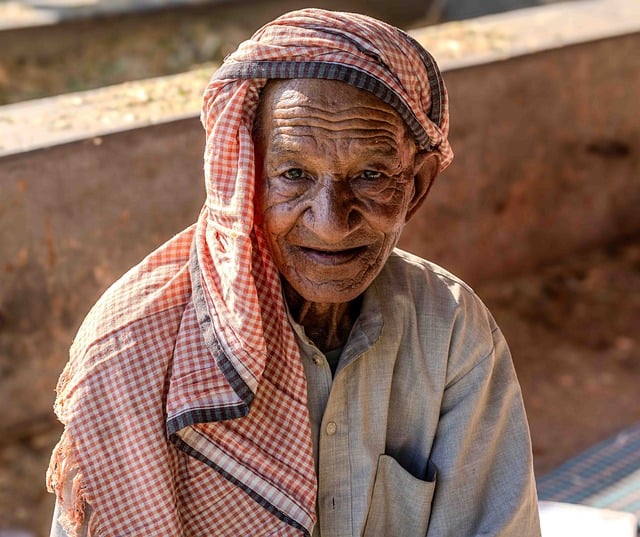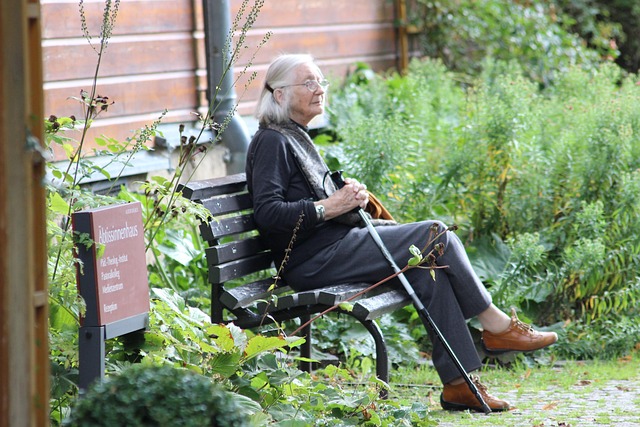Retirement planning in South Africa, especially as a single individual, is complex due to economic volatility and a lack of shared resources. Key strategies involve diversifying investment portfolios, researching savings options like R45/R50 plans or pension funds, and considering factors such as inflation and life expectancy. Building multiple income streams, exploring government schemes, and leveraging senior citizen centers or online tools can help secure a comfortable retirement. By adopting these measures, singles in South Africa can navigate the financial landscape effectively to achieve fulfilling golden years.
Retirement Planning for Singles in South Africa presents unique challenges and opportunities. With a diverse economic landscape, understanding the retirement scene is crucial for securing a comfortable future. This article guides you through the intricacies of planning in South Africa, focusing on financial considerations specific to singles. We explore strategies for building a robust retirement plan, leveraging support systems, and accessing available resources to ensure a peaceful and financially stable retirement. Learn how to navigate this journey and enjoy a fulfilling post-work life.
- Understanding Retirement Landscape in South Africa
- Unique Financial Considerations for Singles
- Building a Secure Retirement Plan: Strategies
- Leveraging Support Systems and Resources
Understanding Retirement Landscape in South Africa

The retirement landscape in South Africa is diverse and complex, presenting unique challenges and opportunities for singles looking to secure their future. With a range of public and private pension funds available, understanding how to navigate this system is crucial for planning a comfortable retirement. South Africa’s economy, known for its volatility, further complicates matters, making it essential for individuals to take proactive steps in their retirement planning.
Many singles overlook the importance of diversifying their investment portfolios, especially given the country’s economic fluctuations. How to plan effectively involves researching different savings options and considering factors like inflation rates and life expectancy. By adopting a strategic approach, singles can ensure they’re prepared for a stable and fulfilling retirement, making the most of what South Africa’s financial landscape has to offer.
Unique Financial Considerations for Singles

Planning for retirement as a single individual in South Africa comes with unique financial challenges and opportunities. Unlike couples, singles have to consider their entire financial burden alone, which may include higher living expenses and less potential for shared resources or support. Therefore, meticulous budgeting is crucial for how to plan for a comfortable retirement in South Africa.
It’s essential to assess one’s income sources, including salaries, investments, and any government benefits, and allocate them wisely. Diversifying investments can be particularly beneficial to mitigate risks. Additionally, considering long-term care insurance or savings options designed to cover future healthcare costs can offer peace of mind and financial security during retirement.
Building a Secure Retirement Plan: Strategies

Building a secure retirement plan is crucial for singles in South Africa looking to enjoy their golden years comfortably. One key strategy is to start saving early and consistently. Given the cost of living in South Africa, setting aside even a small amount regularly can make a significant difference over time. Consider opening a dedicated retirement savings account, such as a R45/R50 savings plan or a pension fund, which offer tax benefits and can help your money grow faster. Diversifying your investments is another smart move; this could include a mix of local and international funds, property, and even small business ventures if feasible.
Additionally, singles should explore various income streams to supplement their retirement funds. This might involve continuing part-time work or freelancing, investing in rental properties for passive income, or tapping into government schemes designed to support retirees. Building a robust social network can also provide valuable emotional and financial support during retirement. Engaging with like-minded individuals through clubs, societies, or online communities can help create a sense of belonging and open doors to new opportunities and experiences.
Leveraging Support Systems and Resources

Building a solid retirement plan in South Africa as a single individual involves leveraging available support systems and resources effectively. Many cities across the country offer specialized senior citizen centers that provide social activities, health services, and financial planning workshops. Engaging with these communities can help mitigate feelings of isolation while offering practical advice on managing finances post-retirement. Additionally, exploring government initiatives and grants designed to assist retirees is essential for ensuring a comfortable future.
Online resources and digital tools are also valuable assets. South African banks and financial institutions commonly offer retirement planning software that allows individuals to simulate different scenarios, optimize savings strategies, and gain insights into potential income sources like pensions and investments. Utilizing these resources can empower singles to make informed decisions tailored to their unique circumstances, ultimately contributing to a more secure and fulfilling retirement in the vibrant South African landscape.
Planning for retirement as a single individual in South Africa presents unique challenges, but with careful consideration and strategic planning, it’s possible to secure a comfortable future. By understanding the specific financial landscape, adopting tailored strategies, and leveraging available support systems, singles can navigate their retirement journey confidently. Implementing these steps will ensure that individuals are well-prepared for a satisfying retirement, making the most of their golden years in South Africa.

